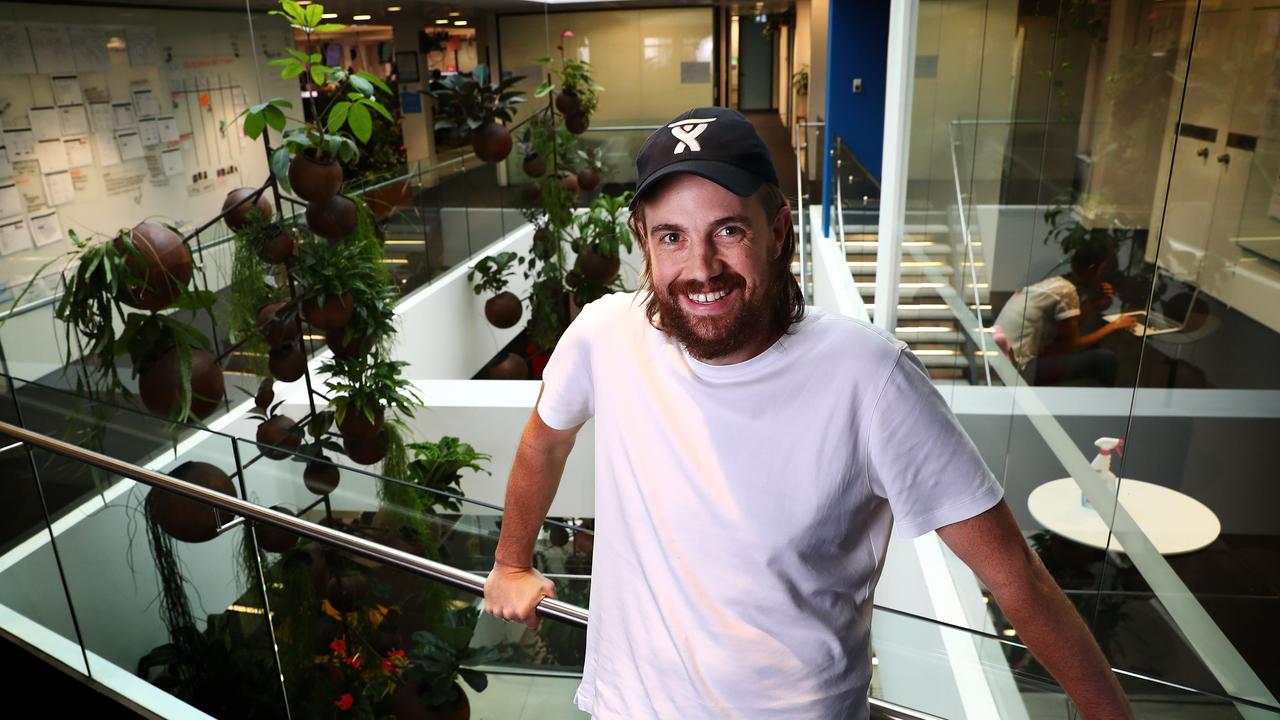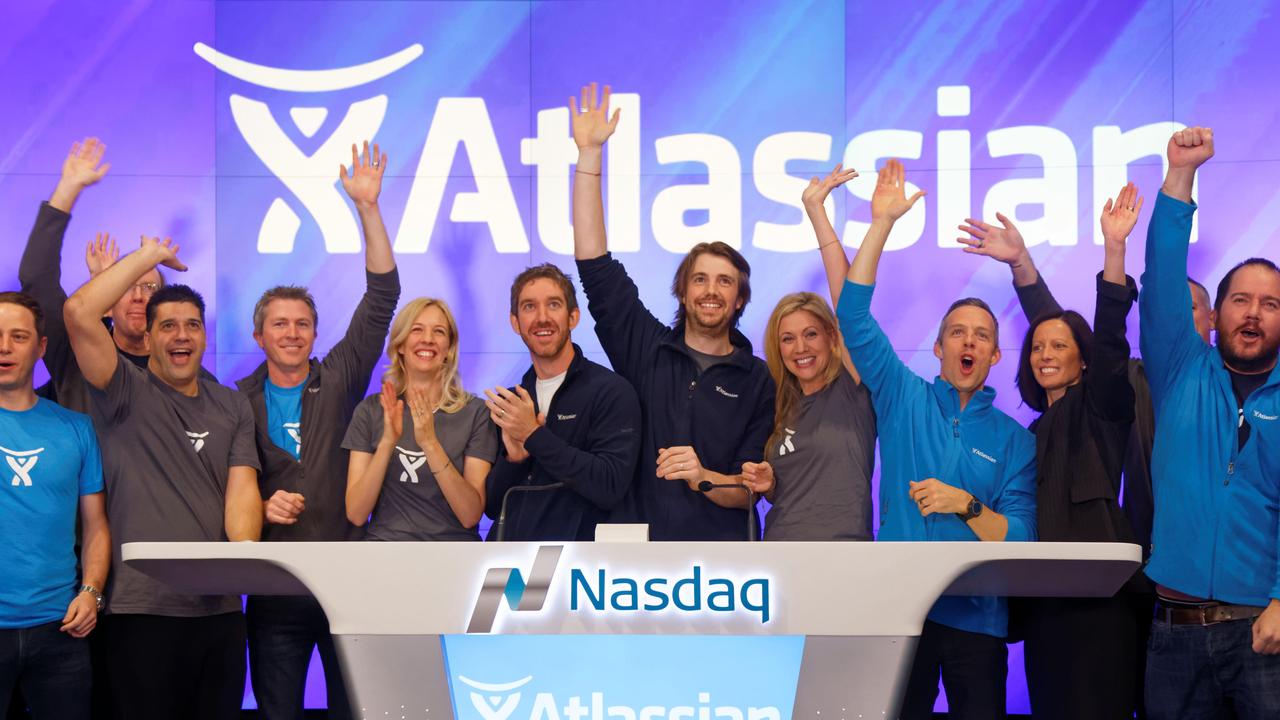‘They will be on the wrong side of history’: Aussie tech giant makes 100 per cent renewables pledge
Australian tech giant Atlassian has pledged to only use renewable energy sources, and its billionaire founders think it will have an interesting pay-off.

Is Australian politics driving you mad? You’re certainly not alone.
The Government’s eagerness to rebuke Labor’s policy for a 50 per cent target of electric vehicles on new car sales by 2030 highlights partisanship is king when it comes to politics.
While the Coalition makes noises about saving the tradie’s ute and preserving the weekend for 4WD lovers, many in the business community are looking on in amazement.
“That particular issue is an incredibly frustrating one,” says Atlassian co-founder Mike Cannon-Brookes of the electric vehicle (EV) issue that has bizarrely become a political battleground.
The Government has previously been happy to tout its support for EV initiatives, but since Labor announced its policy last week, Coalition members have started distancing themselves from the technology, with ministers even deleting social media posts promoting their past support for EVs.
“You can’t support something 12 months ago and say it’s great technology, it’s great for Australia … and then 12 months later say it’s total hocus. It’s just wrong,” Mr Cannon-Brookes told news.com.au.
“They will be on the wrong side of history, that is for sure.”
The outspoken tech billionaire isn’t afraid to wade into policy debates, and he has more sway than most. After all, a bet he waged with Tesla founder Elon Musk on Twitter helped spark one of the biggest renewable energy projects in Australia in recent years.

GOING 100 PER CENT RENEWABLE
At a federal level, the Coalition has failed to deliver a coherent policy on energy or climate during its time in power, and while the Atlassian co-founder would “love it” if the Government was doing more, he is making sure to put his money where his mouth is.
The global software company will rely on 100 per cent renewable energy by 2025, becoming the first major Australian company to achieve the goal, it is set to announce at its company summit in Las Vegas.
“We always try and set a good example, and this is just another example of that,” Mr Cannon-Brookes said.
It’s part of a global initiative called RE100 that brings together influential businesses committed to 100 per cent renewable power and helps them achieve the goal. Atlassian will join the likes of Ikea, Google, Microsoft, Nike, Vodafone Group, as well as local companies Bank of Australia and Commonwealth Bank that have pledged to use 100 per cent renewable power by 2020 and 2030 respectively.
“The good thing about the RE100 guidelines is that they’ve got a lot of the thinking done for you,” Mr Cannon-Brookes said.
“We have a unique complexity having seven different offices in 10 different countries. So we have to do it in each of those countries … but we’ll get there in various different ways.”
That includes improving the energy efficiency of its buildings and staff areas and working with energy providers to ensure power comes from renewable sources. In the rare case it can’t be guaranteed, Atlassian will buy Environment Attribute Certificates to offset its emissions.
“Effectively, what that means is you’re paying someone to do some form of carbon removal to balance your consumption,” he explained.
Even with factoring in the expected growth of the company by 2025 (“we’ll be significantly larger”), it’s a very attainable goal.
“We’ll get significantly the way there in the next 12 to 24 months,” he said.

HELPING TO ATTRACT TALENT
The Atlassian co-founder thinks it’s “incumbent” on corporations to “show leadership in this area” and prove it’s not too complicated to achieve complete reliance on renewables.
But be believes there are added benefits that will serve the company in the long run, including in efforts to attract talent.
“It can actually be cost-effective for a lot of businesses,” Mr Cannon-Brookes said.
“We’re determined to show it can also be a positive externality, so in terms of recruiting, we’re trying to attract talent, and it makes us a more attractive business and therefore saves us costs in other areas.”
Australia has the highest penetration of household solar in the developed world, encouraged by rebates handed out by state governments in the past.
While renewable energy remains a political football in this country, households and corporations have been keen to enjoy the benefits in recent years.
“Households are doing their bit, corporations need to do their bit and, hopefully, the Government will come to the party,” he said.




